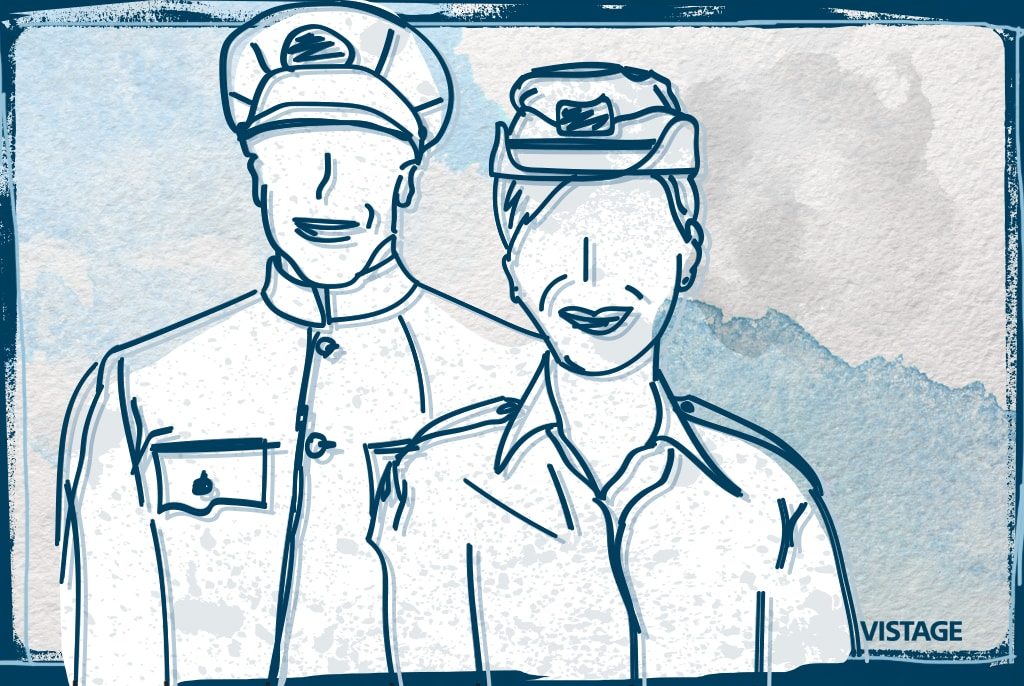4 Ways to Lead Like the Marines

Leadership theories, leadership books and leadership experts are prolific and available to the curious. I Googled “leadership books” and there were literally “about 354,000,000” hits. That’s 354 million. So there is plenty of opportunity to learn available.
 So why are some institutions and cultures more successful at maintaining a consistent flow of leaders than others? We see it every day. Some companies never seem to get it together. Some companies are totally dysfunctional, and finally, many fail. I think in many cases it is because of poor leadership.
So why are some institutions and cultures more successful at maintaining a consistent flow of leaders than others? We see it every day. Some companies never seem to get it together. Some companies are totally dysfunctional, and finally, many fail. I think in many cases it is because of poor leadership.
So as we celebrate Independence Day this week, let’s take a brief macro view of how the Marines create great leaders….
- Culture. Marines establish and maintain a culture of performance and success. They continuously talk about that culture AND walk the talk. Plus they smartly add a dash of hubris—they are confident because they know they have a system that works. For example: Check out the magazine and television recruiting ads, which reinforce the visual image of that culture.
- Indoctrination. Boot Camp in the Marine Corps lasts 13 weeks. Recruits are trained, physically, academically and socially to become Marines. In fact, they are not even called Marines until the end of their training. As they say, the title Marine is earned, not given (which reinforces the culture even more). I recently heard a Navy Admiral remark, “In the Marine Corps, leadership begins the first day.”
- Specialty Training. The next phase of development is training in the job skills where that Marine will be gainfully employed. A Marine is engaged for weeks or months in specialty schools before qualifying to join the fleet.
- Continuous Training. Marines train every day. Then throughout their careers they will attend additional schools, leadership academies, and even year-long schools to increase their knowledge and leadership skills.
- Empowerment. Military organizations are well known for their hierarchical structures and the “chain of command.” It is always clear who is in charge. If something ever happens to the leader, the next in line is trained and ready to step up and lead.
Corporate leaders can model many of the same, successful behavior to develop better leaders:
- Culture. What is your culture? Is it a control culture with high degrees of hierarchy, control from the top and filled with systems and processes? Is it a creative culture where the atmosphere is flexible and adaptable to change? Or is it a collaborative and more focused on teams within the organization? Remember, the CEO is responsible for creating and maintaining the culture within the organization.
- Onboarding and Training. Clearly a difference in military organizations compared to companies large and small is the amount of training. Onboarding in many companies is a half day. Or worse yet, “Welcome aboard. Here’s your desk, we’ll get your computer hooked up tomorrow. I hope you enjoy it here.” How can you expand your onboarding process to condition your new employees to your culture?
- Continuous Training and Development. The ways to implement continuous training are only limited by the imagination. Train employees to continuously improve their job skills, while also learning leadership skills. The leaders of tomorrow are developed over time through many types of skills training.
- Delegation, trust, authority and responsibility all come in to play in empowering individual employees to lead effectively and become better leaders. Leaders are both born AND made so companies that invest time and attention to the development of individuals as leaders will reap dividends in performance from those leaders. Give all employees opportunities to lead.
How will your culture be inspired by the Marines and their history of impact and results?
Category : Leadership


The marine example is an excellent benchmark, and when I look closely at #4, continuous training, I see the opportunity to create an entirely new and substantial enterprise.
Our main asset, as knowledge workers, is our mind, and we continue to view trainiing the mind through the lens of feeding ‘it’ content. Content is important, however it doesn’t take much self awareness to realize that the mind is presently overloaded, and we might consider embarking on a program that continuously develops the mind’s capacity to improve in focus, endurance, generosity, restraint, and other intrinsic qualities.
By comparison, this would mean that we train the operating system versus continued overload on the application program. A change like this would take a commitment at the top of the enterprise, and could not be legislated without participation at all levels.
The marines are physically fit because of their emphasis on #4, which albeit has a derivative effect on mental strength. I believe that companies that emphasize mental fitness (in terms of capacity) in the future will rise well above and continue to reinvent themselves in an ever increasing tumultuous and competitive work environment. Furthermore, if authentic, will lead bring about better health and well-being for all company stakeholders.
Thank you for your comment, Buddy!
As a Marine myself I enjoyed reading this post. The skills of decisiveness, integrity, and courage have served me well all of my life, and I believe that I learned those from my father, a Raider in the Marines from Viet Nam.
Thank you for your comment and thank you for your service. You might find Brian Davis’ piece equally enjoyable: https://blog.vistage.com/business-leadership/battlefield-boardroom-3-communication-tactics-team/
p.s. The Marines have also recently re-designated their Special Operations Forces as “Raiders” paying homage to a great legacy.
Thank you Nathan and Buddy. Brain Davis’ piece is also insightful. Another good read is Simon Sinek’s book, “Leaders Eat Last”.
Great article! Training is one of my weak points, so good to see this as I have had two new employees start this week that need more training! 🙂
Excellent way of telling, and pleasant article to get facts on the topic of my presentation focus, which i am going to convey in academy.